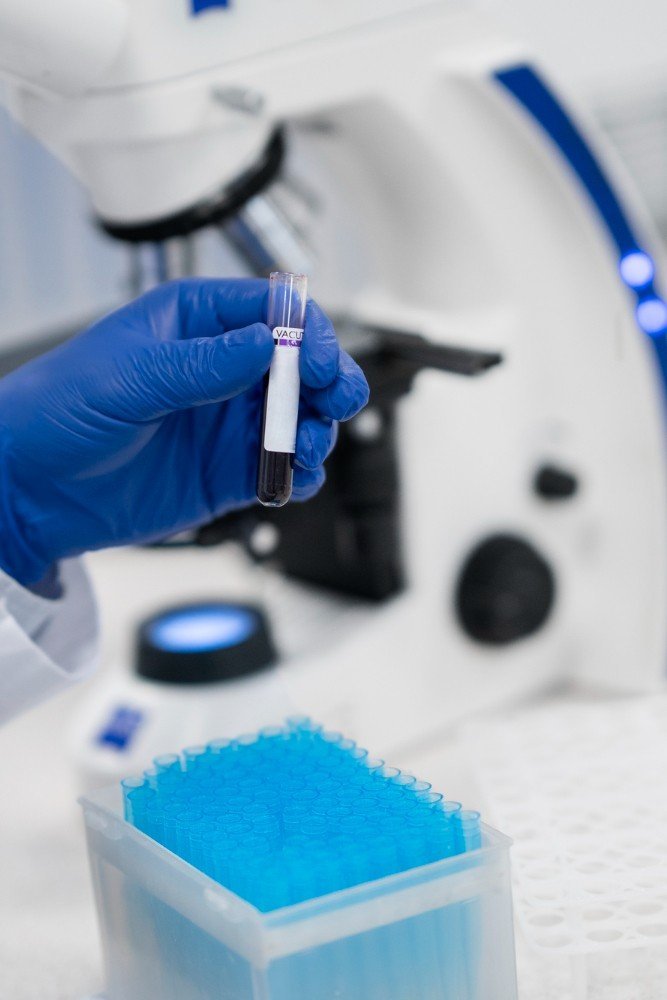Departments
Serology and Immunology
Serological tests are laboratory procedures carried out on serum samples- the clear liquid that separates from the blood when it is allowed to clot
While various types of serological tests exist, they all focus on the immune system's proteins (antibodies) and associated diseases, such as autoimmune and immunodeficiency disorders
The Serology Department at Sindlab uses several advanced techniques, including ELISA, to test for antibodies. This method works by attaching specific antibodies to a fixed antigen and detecting them through an enzyme reaction that produces a measurable signal
Other high-sensitivity serological methods include chemiluminescence (CL) and enhanced chemiluminescence (enhanced CL) immunoassays. These are based on the detection of light emitted when enzymes or probes bind to antibodies
Serological testing is important in the diagnosis of a large number of diseases like HBV, HCV, HIV, syphilis, influenza, measles, yellow fever and infectious mononucleosis
It also helps in the detection of autoimmune disorders- diseases in which the body mistakes its own tissues for foreign antigens and produces antibodies against itself
Some common autoimmune diseases are type 1 diabetes (in which the immune system destroys insulin-producing cells in the pancreas), rheumatoid arthritis (in which the immune system attacks the joints), and, lupus or SLE, which affects many organs of the body


